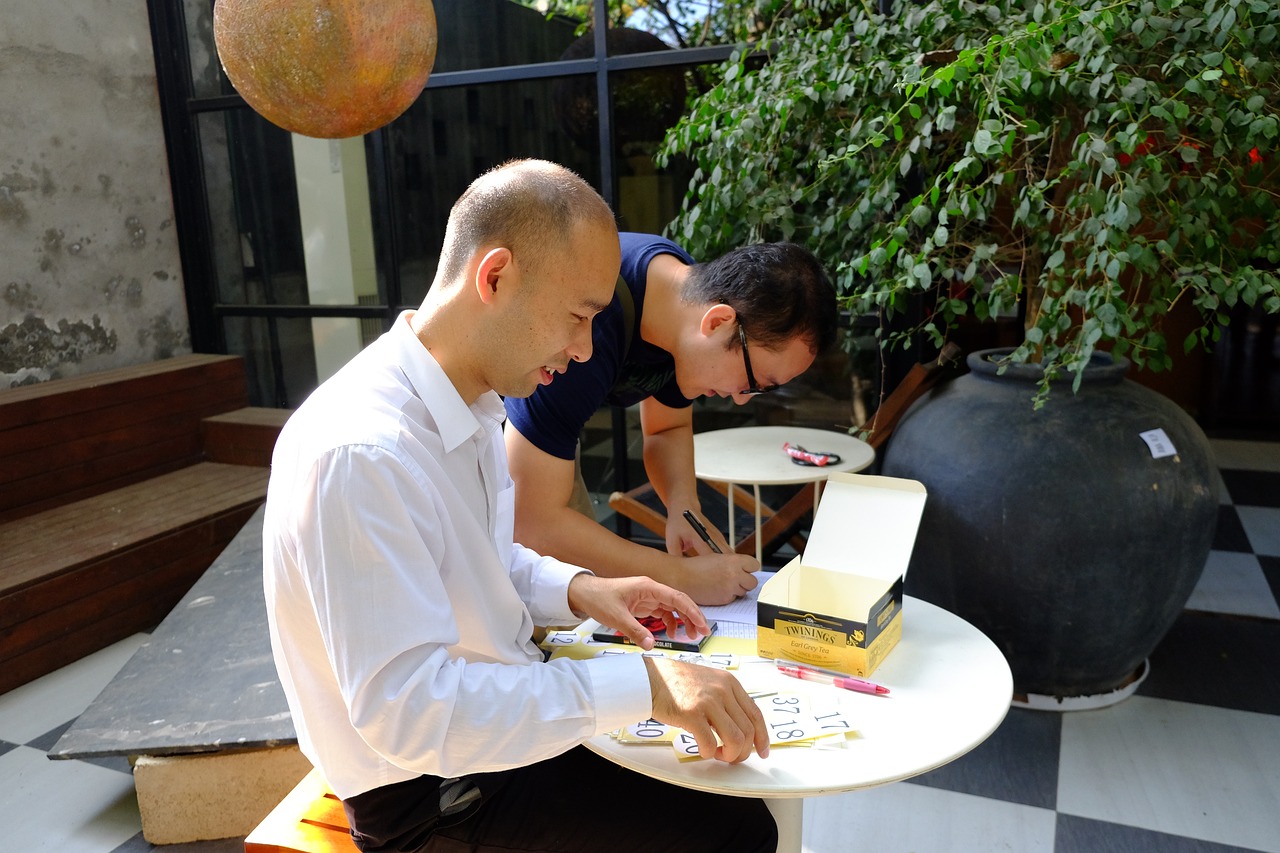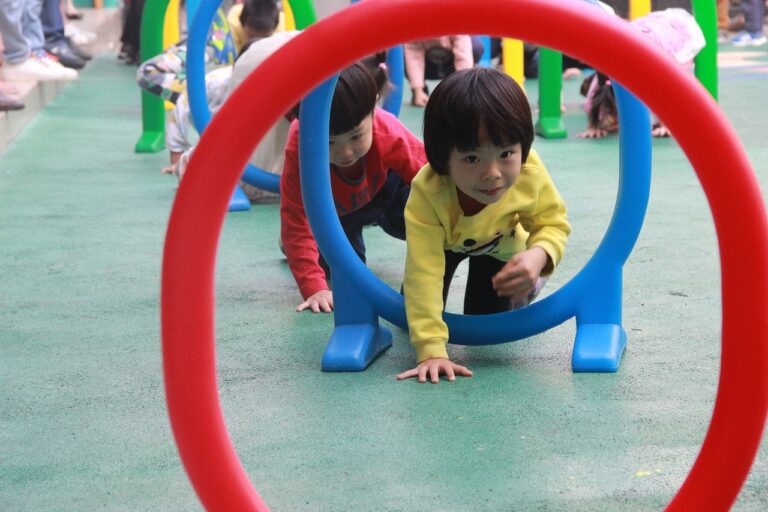The Importance of Early Math Skills
11xplay reddy login registration, laser book 247, skylive casino:The Importance of Early Math Skills
Mathematics is a subject that is often feared and misunderstood by many individuals. However, having a strong foundation in math is crucial for success in both academics and everyday life. This is why developing strong math skills at an early age is so important.
In this blog post, we will explore the importance of early math skills and why parents and educators should prioritize math education for young children.
Building a Strong Foundation
One of the main reasons why early math skills are important is that they help children build a strong foundation for future learning. Math is a subject that builds upon itself, with more advanced concepts often relying on a solid understanding of basic math principles. By introducing math concepts to children at a young age, we can help them develop the critical thinking and problem-solving skills that are essential for success in math and other subjects.
Additionally, strong math skills can help children succeed in a wide range of academic and professional pursuits. Many high-paying and in-demand careers, such as engineering, computer science, and finance, require a strong foundation in math. By developing early math skills, we can set children up for success in these fields and provide them with more opportunities for the future.
Practical Applications
In addition to helping children succeed academically, early math skills also have practical applications in everyday life. Whether it’s calculating a tip at a restaurant, budgeting for a shopping trip, or measuring ingredients for a recipe, math is a skill that we use on a daily basis. By teaching children math concepts early on, we can help them develop the skills they need to navigate the challenges of adulthood with confidence.
Math is also an important tool for developing critical thinking and problem-solving skills. By working through math problems, children learn how to think logically, reason effectively, and find creative solutions to complex problems. These skills are not only valuable in math but also in other areas of life, such as decision-making, organization, and time management.
Increasing Confidence and Self-Esteem
Another key benefit of early math education is that it can help boost children’s confidence and self-esteem. Many students struggle with math because they believe they are “bad at math” or lack the ability to succeed in the subject. However, by providing children with the support and resources they need to develop strong math skills, we can help them overcome these negative beliefs and build their confidence in their abilities.
When children succeed in math, they gain a sense of accomplishment and pride in their achievements. This positive reinforcement can help them develop a growth mindset and a belief in their own ability to learn and succeed. By instilling a love of math in children from an early age, we can help them develop a lifelong passion for learning and a willingness to tackle challenges head-on.
FAQs
Q: At what age should children start learning math?
A: Children can start learning basic math concepts as early as preschool or kindergarten. Simple activities such as counting, sorting, and identifying shapes can help young children develop foundational math skills.
Q: How can parents support their children’s math education at home?
A: Parents can support their children’s math education by incorporating math into everyday activities, such as cooking, shopping, and playing games. They can also provide their children with access to math resources, such as books, apps, and educational websites.
Q: What should educators focus on when teaching math to young children?
A: Educators should focus on making math fun and engaging for young children by incorporating hands-on activities, games, and interactive lessons. They should also provide children with opportunities to practice and apply math skills in real-world contexts.
In conclusion, early math skills are essential for children’s academic success, practical applications in everyday life, and overall confidence and self-esteem. By prioritizing math education for young children, we can help them build a strong foundation for future learning and set them up for success in a wide range of academic and professional pursuits.







